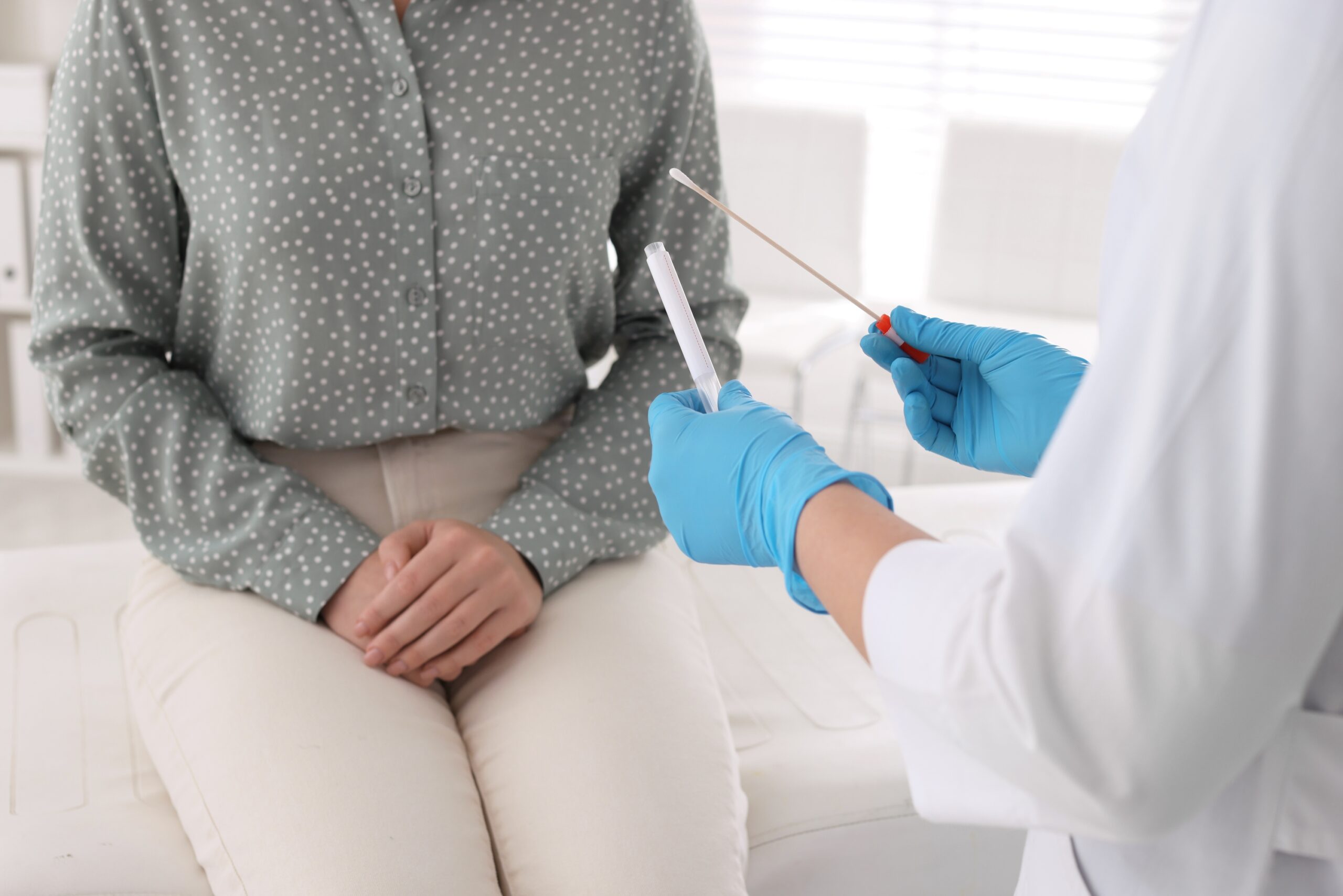Sexually transmitted diseases (STDs) can have serious implications for both the pregnant person and their developing fetus. In this blog, we will discuss the potential risks of STDs during pregnancy, how to manage STDs according to the Ontario College of Midwives guidelines, and the importance of seeking medical attention if you suspect you have an STD while pregnant.
Risks of STDs During Pregnancy
STDs can pose significant risks to pregnant individuals and their babies. Some of the potential complications of untreated STDs during pregnancy include:
- Preterm labor and birth
- Low birth weight
- Neonatal infections
- Miscarriage or stillbirth
- Increased risk of HIV transmission from mother to baby
- Pelvic inflammatory disease (PID) in the pregnant person
It is important for pregnant individuals to be aware of these risks and to seek appropriate testing and treatment for STDs to protect their health and the health of their developing fetus.
Managing STDs During Pregnancy
The Ontario College of Midwives provides guidelines for managing STDs during pregnancy to ensure the best possible outcomes for both the pregnant person and their baby. These guidelines include the following steps:
- Testing: The first step in managing STDs during pregnancy is to undergo testing for common STDs such as chlamydia, gonorrhea, syphilis, HIV, and hepatitis B. Testing may also include screening for other infections such as bacterial vaginosis and group B streptococcus.
- Treatment: If a pregnant individual tests positive for an STD, it is important to receive prompt and appropriate treatment. Treatment may involve antibiotics, antiviral medications, or other interventions depending on the specific STD.
- Partner Notification: It is important to notify any sexual partners if they test positive for an STD so that they can also seek testing and treatment. Partner notification is crucial for preventing reinfection and reducing the spread of STDs.
- Follow-Up Testing: After receiving treatment for an STD during pregnancy, follow-up testing may be recommended to ensure that the infection has been effectively treated and to monitor for any potential complications.
- Prevention: The Ontario College of Midwives emphasizes the importance of prevention in managing STDs during pregnancy. This includes practicing safe sex, using condoms consistently and correctly, and avoiding high-risk sexual behaviors.
Seeking Medical Attention for STDs During Pregnancy
If you suspect that you have an STD during pregnancy, it is important to seek medical attention promptly. The Ontario College of Midwives recommends contacting a healthcare provider for testing and treatment if you experience any symptoms of an STD or if you have had unprotected sex with a partner whose STD status is unknown.
In addition, pregnant individuals should attend all scheduled prenatal appointments and communicate any concerns about STDs with their healthcare provider. Open and honest communication with your midwife or healthcare provider is essential for ensuring that you receive appropriate testing, treatment, and support for managing STDs during pregnancy.
Conclusion
STDs can have serious implications for both the pregnant person and their developing fetus. By following the guidelines set forth by the Ontario College of Midwives for managing STDs during pregnancy, expectant mothers can take proactive steps to protect their health and the health of their babies. It is important to undergo testing for common STDs, receive prompt treatment if necessary, notify sexual partners, practice prevention strategies, and seek medical attention if you suspect you have an STD during pregnancy.
In conclusion, managing STDs during pregnancy according to the Ontario College of Midwives guidelines is essential for ensuring the best possible outcomes for both the pregnant person and their baby. By understanding the risks of untreated STDs during pregnancy and taking proactive steps to seek testing, treatment, and support from healthcare providers, expectant mothers can navigate STDs during pregnancy with confidence and peace of mind. If you suspect you have an STD during pregnancy, do not hesitate to contact your midwife or healthcare provider for guidance and support.





Definitely believe that which you said. Your favorite justification appeared to be on the web the simplest thing to be aware
of. I say to you, I certainly get annoyed while people think about worries
that they just don’t know about. You managed to hit the nail
upon the top as well as defined out the whole thing without having
side-effects , people could take a signal. Will likely
be back to get more. Thanks